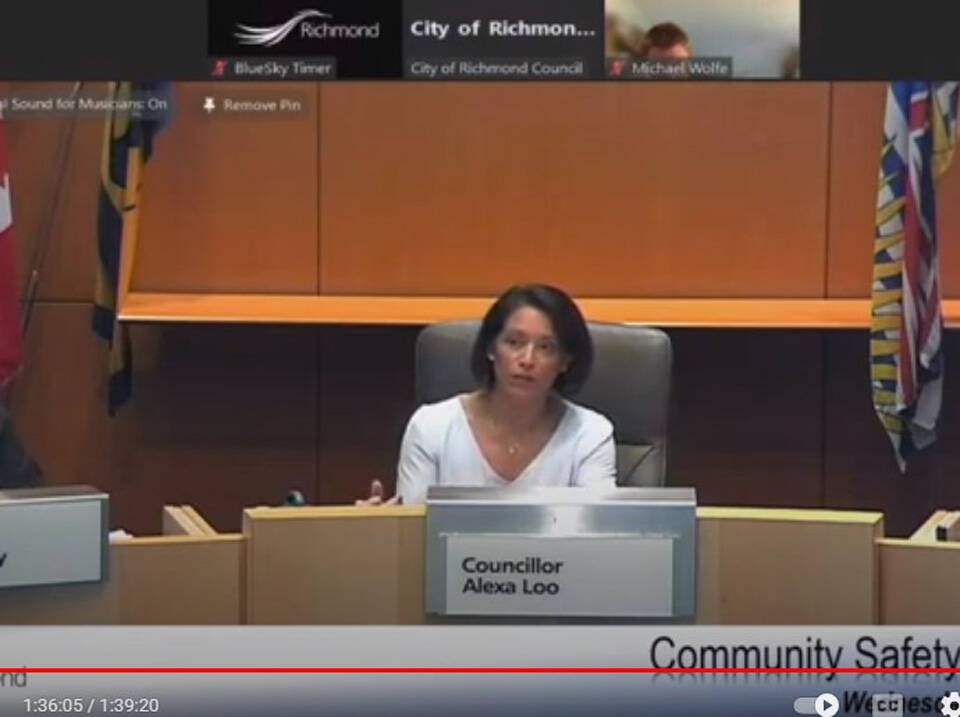Any report on the impact a low-barrier residential building is having on Richmond city centre should detail its benefits along with its potential challenges, according to Coun. Kash Heed.
Heed was responding to a referral motion by Coun. Alex Loo who was asking city staff look into the facility which houses people with mental health and addiction issues.
Loo brought a list of questions about the Alderbridge temporary modular building to Wednesday’s community safety, regarding crime, drug use and recovery rates and asked staff to compile a report.
But Coun. Kash Heed cautioned this report could bring out “NIMBYism” and, therefore, he also wanted to know the positive effects of the Alderbridge TMH “because we have talked so much about ensuring we have the necessary housing for our vulnerable population in Richmond.”
“I just don’t want the NIMBYism played out when this information comes back to us,” he told the committee.
Loo asked city staff to report back to council with answers to the questions in a future general purposes committee meeting.
“We want to know how effective the programs are here (in Richmond),” Loo told the Richmond News in explaining her rationale for asking for the detailed information.
According to Loo, hotels in the area claim their security costs have increased by 300 per cent since the TMH was built. Furthermore, there’s been a “degradation” in behaviour with more people in stairwells and more drug use.
Loo’s list of requests included information about the “efficacy” of the Alderbridge TMH operator – Raincity Housing – and the length of time left on the lease of the building.
She also wanted to know what housing would “better suit” those in low-barrier housing, allowing them to move to other housing and leave the neighbourhood.
Loo told the News the idea isn’t to “demonize” those living in temporary modular homes, rather to get information in order to “serve as many people as possible in the best way possible.”
The referral to city staff to look into Loo’s questions was unanimously supported by the committee.



